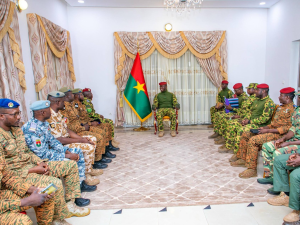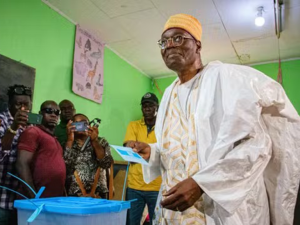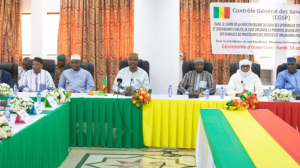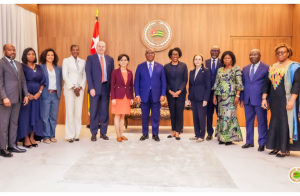Niger: Towards the establishment of new judicial and anti-corruption institutions
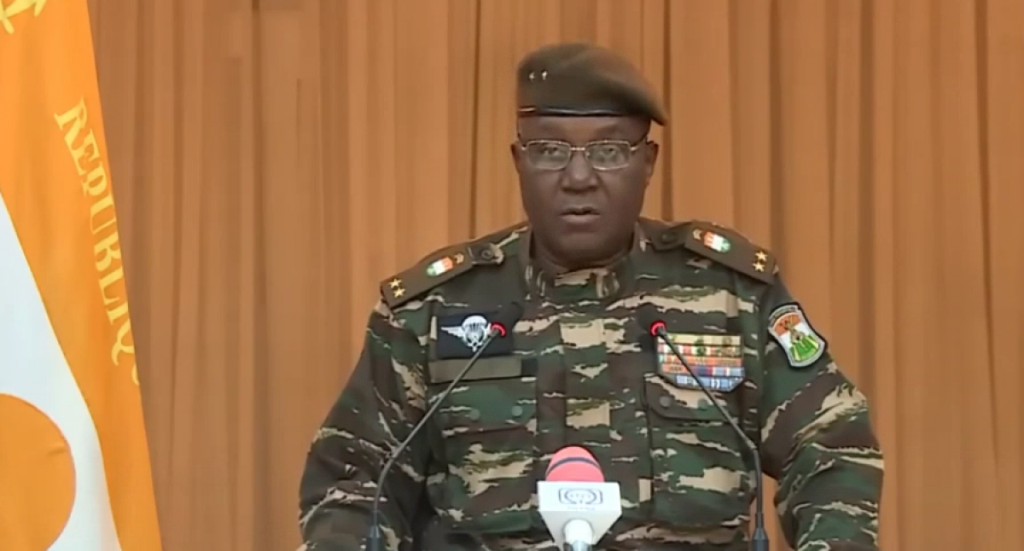
General Abdourahamane Tiani, head of the military regime that emerged from the coup d’état in Niger, recently inaugurated two key transitional bodies at solemn ceremonies in Niamey. These events, broadcast live on public television, marked the creation of the State Court and the Anti-Corruption Commission, both crucial institutions in the country’s current political context.
The Court of State, headed by magistrate Abdou Dan Galadima, replaces the Court of Cassation and the Council of State, both of which were dissolved following the coup d’état on 26 July.
This restructuring of the judiciary is part of an ordinance designed to organise the public authorities during the transition period, pending the holding of elections at a date yet to be determined.
The members of the State Court were sworn in at the ceremony, marking the beginning of their responsibilities under the watchful eye of General Tiani.
At the same time, the Anti-Corruption Commission was set up, with the main task of recovering all illegally acquired and/or misappropriated public assets.
Made up of magistrates, army and police officers, as well as representatives of civil society, this commission will play a crucial role in preserving the country’s financial integrity.
The fight against corruption thus promises to be one of the priorities of the military regime.
The duration of the transition remains uncertain, although General Tiani has previously announced that it will not exceed three years.
The establishment of a «national dialogue» has been promised to determine various aspects of this transitional period.
Meanwhile, former president Mohamed Bazoum, overthrown in the coup, remains sequestered in his presidential residence.
Charges of «high treason» and «undermining the security» of the country, announced in August by the military regime, still hang over him.
Niger is currently facing major economic and financial sanctions imposed by the Economic Community of West African States (ECOWAS) since the coup.
This embargo has led to a significant increase in inflation and shortages of certain products, including medicines, directly affecting the daily lives of the people of Niger.
Developments in the political and economic situation in Niger therefore remain under close national and international scrutiny.
Omar DJIBO







